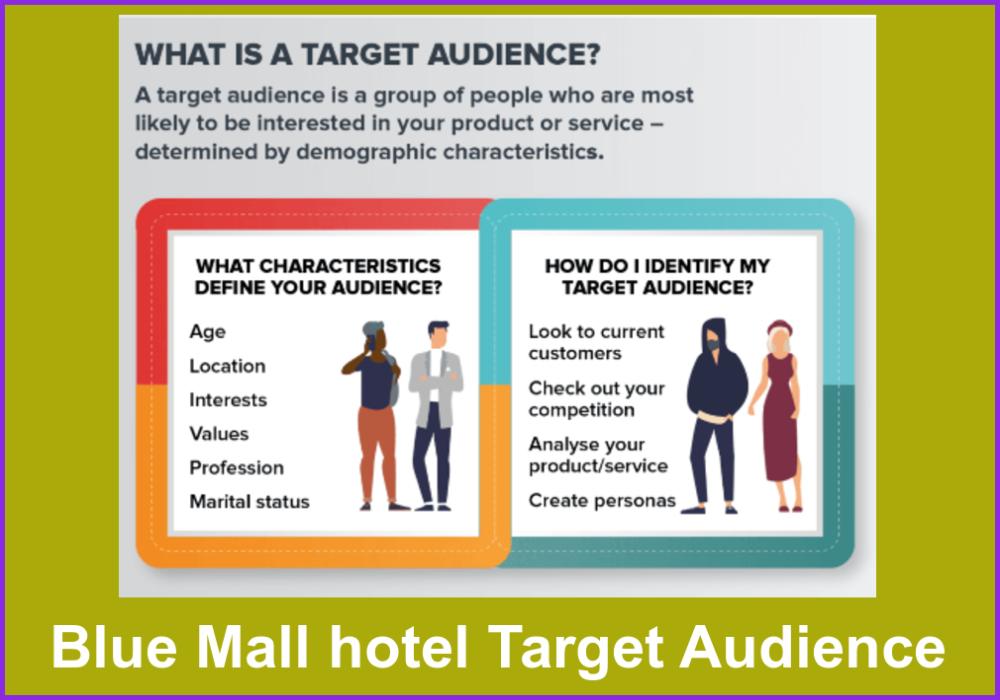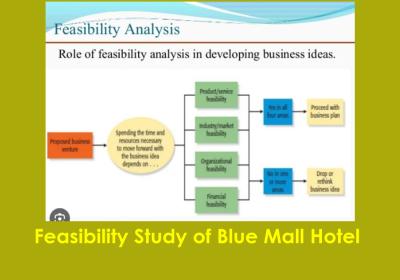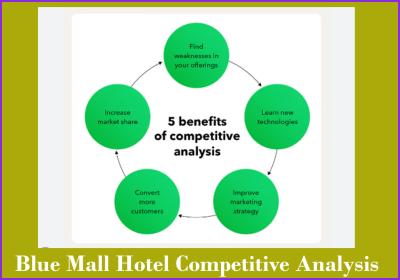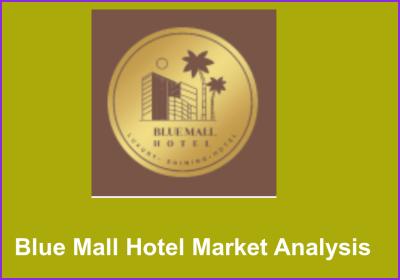Target Audience Identification

Identifying your target audience is crucial for tailoring your hotel's services, marketing strategies, and overall guest experience to meet the specific needs and preferences of your potential customers. Here is a detailed guide on how to identify and understand your target audience:
Demographic Analysis
- Age: Determine the age groups most likely to stay at your hotel (e.g., millennials, families, seniors).
- Gender: Consider if your hotel appeals more to a specific gender or is gender-neutral.
- Income: Identify the income levels of your potential guests to set appropriate pricing.
- Occupation: Understand the professions of your target audience, such as business travelers, professionals, or blue-collar workers.
- Education Level: Assess the education levels to tailor your marketing and communication strategies.
Psychographic Profiling
- Lifestyle: Analyze the lifestyles of your target audience, such as their hobbies, interests, and leisure activities.
- Values and Beliefs: Understand the values and beliefs that influence their travel choices, such as sustainability, luxury, or cultural experiences.
- Personality Traits: Consider personality traits like adventurous, relaxed, or family-oriented to shape your services and amenities.
Travel Purpose
- Leisure Travelers: Identify guests traveling for vacations, weekend getaways, or special occasions.
- Business Travelers: Focus on professionals traveling for work, conferences, or meetings.
- Event Attendees: Cater to guests attending local events, festivals, or conventions.
- Special Interest Groups: Target specific groups like eco-tourists, adventure seekers, or cultural enthusiasts.
Geographic Segmentation
- Local Guests: Determine if your hotel will attract guests from the local area or nearby cities.
- Domestic Tourists: Identify potential guests traveling from other parts of the country.
- International Tourists: Consider guests coming from abroad and understand their cultural and language needs.
Behavioral Segmentation
- Booking Behavior: Analyze how your target audience books their stays (e.g., direct bookings, online travel agencies, travel agents).
- Stay Duration: Identify the typical length of stay for your guests (e.g., short stays, extended stays).
- Spending Habits: Understand their spending patterns, including preferences for room types, dining options, and additional services.
- Loyalty and Repeat Business: Assess the likelihood of repeat visits and the importance of loyalty programs.
Customer Personas
- Creating Personas: Develop detailed customer personas representing your ideal guests. Include demographic, psychographic, and behavioral attributes.
- Persona Examples:
- Business Bob: A 40-year-old male corporate executive who travels frequently for work, values convenience, and prefers business amenities like meeting rooms and high-speed internet.
- Family Fiona: A 35-year-old mother of two who travels with her family for vacations, seeks family-friendly amenities, and prefers hotels with activities for children.
- Solo Sarah: A 28-year-old female solo traveler who enjoys cultural experiences, values sustainability, and prefers unique boutique hotels.
Market Research and Data Collection
- Surveys and Questionnaires: Conduct surveys to gather information directly from potential guests about their preferences and needs.
- Social Media Analysis: Monitor social media platforms to understand the interests and behaviors of your target audience.
- Industry Reports and Studies: Utilize industry reports and market studies to gain insights into traveler trends and behaviors.
- Customer Feedback: Analyze feedback from guests at similar hotels to identify common preferences and areas for improvement.
Understanding your target audience will enable you to create a more personalized and appealing guest experience, develop effective marketing strategies, and ultimately drive higher occupancy and guest satisfaction rates at your hotel.



